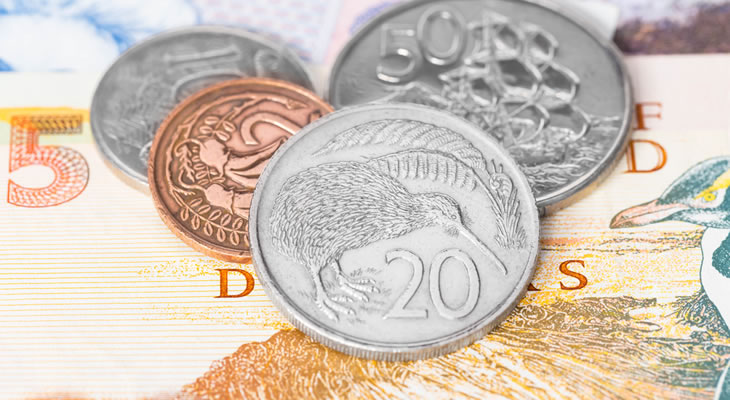The 2017 New Zealand general election will be held on Saturday. Previously seen as a one-horse race, the election became tighter than expected in recent months, causing New Zealand Dollar volatility and helping GBP NZD to advance.
GBP NZD opened the week at the level of 1.8631. The pair dipped to a low of 1.8331 in the middle of the week but has recovered to above 1.85 again.
Pound (GBP) Investors Anticipate Brexit Speech
The Pound has fluctuated in recent sessions as investors are highly anticipating a Brexit speech from UK Prime Minister Theresa May.
May’s speech is reportedly aimed at breaking a deadlock in UK-EU Brexit negotiations.
Recent Brexit negotiations have led to concerns among UK negotiators that the EU isn’t being flexible enough, and concerns from EU negotiators that the UK government wasn’t taking the process seriously.
EU officials have also expressed disappointment that the UK has yet to make a serious offer on the UK-EU divorce bill.
Reports suggest that May’s speech will address these key issues, with markets hoping for it to lead to substantial progress in negotiations.
If markets have a clearer view of what angle the Brexit process will take, this could also make the Pound more appealing in the long-term.
Investors have already become more optimistic about Britain’s economic outlook in recent weeks.
The Bank of England (BoE) has indicated that it could hike UK interest rates in the foreseeable future, and key UK ecostats such as inflation and retail sales have beaten expectations.
As a result, if Theresa May’s Brexit speech hints at a Brexit transitional deal or even a softer Brexit, the Pound could extend its recent recovery and the long-term outlook for the currency would improve considerably.
New Zealand Dollar (NZD) Mixed as NZ Election Approaches
Uncertainty about the upcoming New Zealand general election has weighed on the New Zealand Dollar’s appeal in recent weeks, making it easier for the Pound to advance.
However, its strength has returned over the last seven days, as New Zealand’s National Party once again took a lead in polling.
While markets are currently confident that the National Party will win once again and Bill English will remain Prime Minister, keeping the economic status quo in place, the possibility of a Labour Party win has kept the New Zealand Dollar jittery.
The Labour Party has been out of power since 2008, so a win from Labour could lead to some economic changes in New Zealand that could surprise markets.
The National Party has a lead of around 10 points according to recent polls. However, Labour Party leader Jacinda Ardern remains confident that her party stands a chance.
After Ardern became Labour leader in August, the Labour Party surged in popularity, turning a previously simple election race into a surprisingly tight one.
This had given the New Zealand Dollar a politically-influenced trend it hadn’t seen in a long time.
‘Kiwi’ demand has also been influenced by risk-sentiment in recent sessions. The US Dollar has been weak due to geopolitical jitters between the US and North Korea, leaving the New Zealand Dollar more appealing.
Recent New Zealand data has been decent too. New Zealand’s Q2 Gross Domestic Product (GDP) results met expectations and came in at 0.8% quarter-on-quarter and 2.5% year-on-year.
Overall though, the New Zealand Dollar is likely to calm in the coming week as investors digest the outcome of the 2017 NZ general election.
The ‘Kiwi’ may drop if New Zealand’s Labour Party performs surprisingly strongly, but its losses may be limited unless markets become concerned that whichever party takes power could cause unexpected changes to New Zealand’s economic policies.
GBP NZD Interbank Rate
At the time of writing this article, the GBP NZD exchange rate trended in the region of 1.8540. The New Zealand Dollar to Pound exchange rate traded at around 0.5392.


Comments are closed.